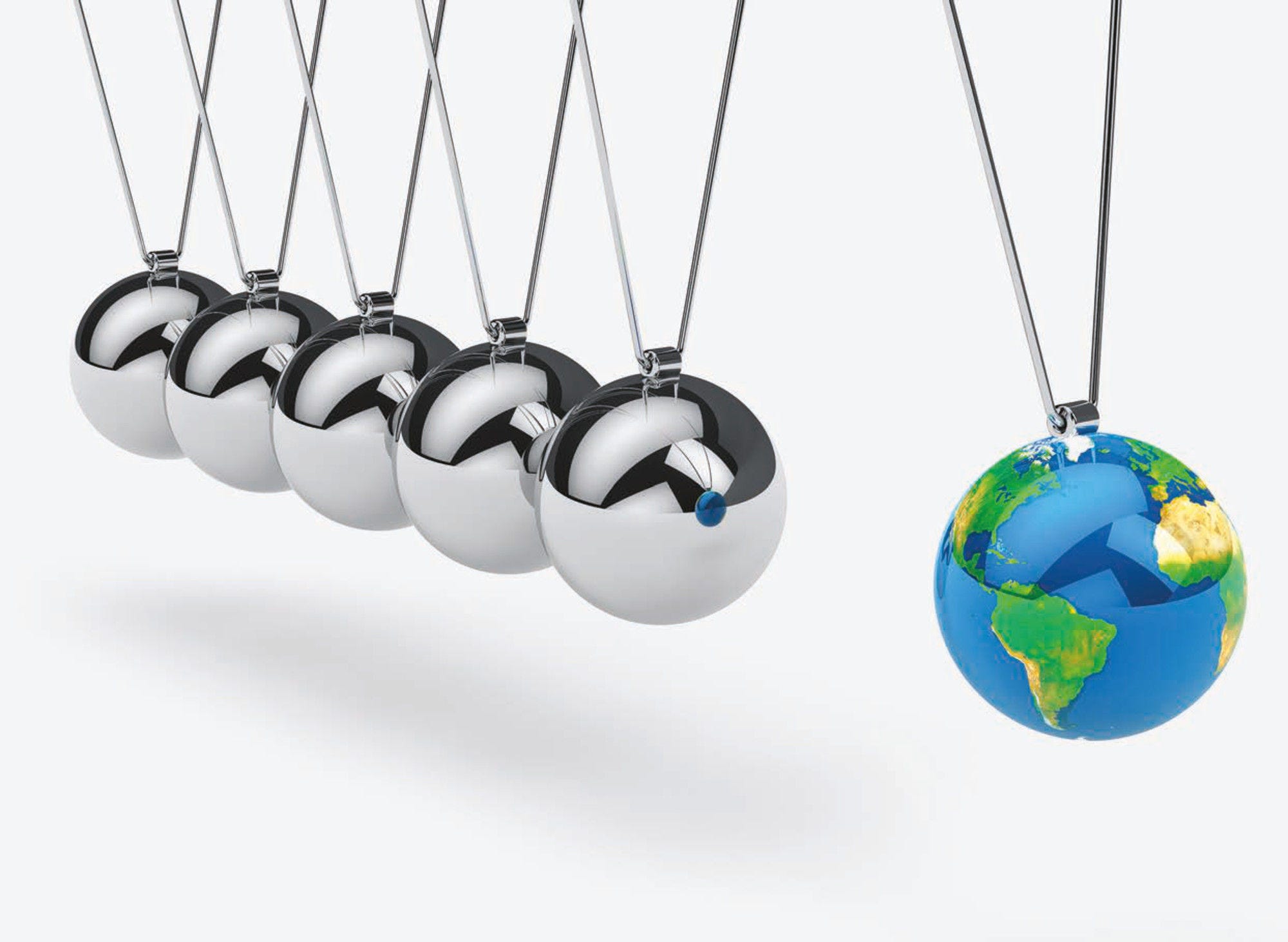We cannot predict the future, but we can prepare for it. That is the conviction behind this report and the OECD’s broader work in strategic foresight. Social, technological, economic, environmental, political and geopolitical changes are occurring arguably faster than ever before, and our unprecedented interconnectedness means that a development in one part of the world can quickly go global. Faced with this reality, human societies and their governments cannot afford to be passive or complacent.
Times of rapid change and high uncertainty call for greater investments to anticipate and prepare for the future. This includes scanning the horizon for emerging changes, exploring plausible future scenarios and their implications, and taking steps today to be more resilient and adaptive to whatever the future may entail. Change and uncertainty are also a source of hope and opportunity: by exploring alternative scenarios and expanding our understanding of the possible, we are also better equipped to imagine and bring about better futures.
Strategic foresight is vital for decision making on any issue involving lasting impacts and a context of high uncertainty. For this reason, the OECD continues to build its capacity to integrate strategic foresight approaches across all key policy areas, and we encourage all governments and organisations to do the same.
This report has a different purpose, however. It is not meant to serve any one policy issue, but rather to inform reflections about the near and long-term future of the OECD itself. One of the great strengths of the OECD has been its ability to evolve and adapt over time to changing realities in order to better serve the interests of members and of the broader global community. Our 60th anniversary and transition to a new Secretary-General creates an opportune moment not only to look back at our achievements, but also to look forward. The changes and disruptive scenarios described below are intended as an initial contribution to what I hope will be a rich, open and fruitful period of reflection and decision-making in the months and years ahead.
The OECD has established itself as a pillar of mutual learning and global collaboration in building better policies for better lives. With adequate foresight, the OECD will also play a pivotal role in helping the global community to successfully navigate both the perils and promise of the future.

Angel Gurría Secretary-General OECD
